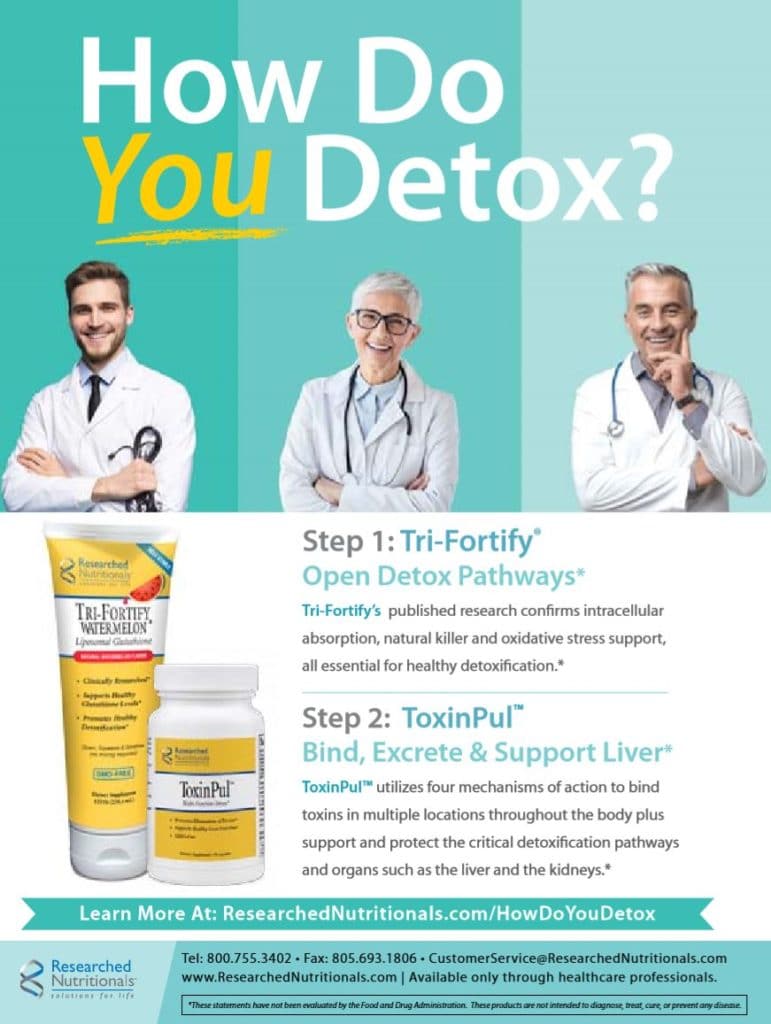K. Paul Stoller, MD, FACHM
Fellow American College of Hyperbaric Medicine
Abbreviations: Department of Health and Human Services (HHS); Centers for Disease Control (CDC); Food and Drug Administration (FDA) ; The World Health Organization (WHO); Adverse Event Following Immunization (AEFI); American Academy of Pediatrics (AAP); diphtheria-tetanus-pertussis (DTP); oral polio vaccine (OPV); Physicians for Informed Consent (PIC); Vaccine Adverse Event Reporting System (VAERS); European Medicines Agency (the EMA); amorphous aluminum hydroxyphosphate sulfate (AAHS); National Association of County and Public Health Officials (NACCHO); GlaxoSmithKline (GSK); Simian Virus 40 (SV40) ; measles, mumps and rubella (MMR).
“Any preventive, diagnostic and therapeutic medical intervention is only to be carried out with the prior, free and informed consent of the person concerned, based on adequate information…The interests and welfare of the individual should have priority over the sole interest of science or society.” 2005 UNESCO Universal Declaration on Bioethics and Human Rights1
Introduction
Vaccines are public health measures that are not evidence-based as portrayed by authorities such as the United States Department of Health and Human Services (HHS) or the Centers for Disease Control (CDC). For example, despite political propaganda to the contrary, the scientific reality is vaccines are not subjected to the same kind of clinical trials as other drugs are. They are classified not as drugs but as biologics, which allows them to be routinely approved and mandated with little to no evidence of efficacy or safety while at the same time actual evidence of vaccine harm is systematically ignored by vaccine manufacturers and authorities who work together under multiple unethical conflicts of interest. Consequently, vaccines are a grave threat to public health and medical ethics. Furthermore, informed consent in vaccination is deeply endangered today both in medical practice and as an ethical principle in society. Natural immunity is similarly endangered today due to modern vaccination policy. Promoting categorically unsafe vaccines and discouraging the responsible development of natural immunity has become state-sponsored policy where the policy itself is what gets protected – not the public.
In the US, the Food and Drug Administration (FDA) has stated their policy on this issue clearly, “any possible doubts, whether or not well founded, about the safety of the vaccine cannot be allowed to exist in view of the need to assure that the vaccine will continue to be used to the maximum extent consistent with the nation’s public health objectives.” This was recorded in the Federal Register (vol 49, No. 107) and made specifically about the polio vaccine.
The heart of informed consent involves
comparing relative risks, based on actual data.
So, doubts about safety cannot be allowed to exist? An unambiguous policy that has nothing to do with science or public health. Considering how much of the world seems to blindly follow the lead of US health agencies or is coerced into following them, that FDA policy statement should be very alarming. The trust placed in US agencies ignores that they have been compromised and captured by industry2; furthermore, physicians and scientists who criticize this system of rampant corruption3 will be increasingly pilloried and attacked as incompetent, dishonest, and a dangerous menace to the public’s wellbeing.
In their 2014 policy paper, “Considerations regarding consent vaccinating children and adolescents between 6 and 17 years old,” the World Health Organization (WHO) stated, “the physical presence of the child or adolescent, with or without an accompanying parent at the vaccination session, is considered to imply consent.” A child sent to school on the day they are holding a vaccine clinic is now consenting by implication. A parent could refuse to send the child to school on vaccine day, but that assumes they knew about it. However, implied consent is Orwellian doublespeak inconsistent with the UNESCO declaration, and emblematic of an erosion of fundamental rights by the misinformed to protect marketing goals and policies that often have little to no public benefit.
Then in 2017, the WHO revised4 what they would accept as an Adverse Event Following Immunization (AEFI). Only reactions that have been previously acknowledged in epidemiological studies would now be considered as vaccine related. Deaths seen in post-marketing surveillance would be identified as coincidental or unclassifiable. These deaths are not classified as vaccine-related if the vaccine had not caused a statistically significant increase in deaths in the Phase III trials. For example, Sri Lanka suspended the use of a pentavalent vaccine after five deaths within four months after its introduction in January 2008; and in 2013, Vietnam shelved the pentavalent vaccine because it had been associated with 12 deaths. However, in both cases, the WHO teams which investigated the deaths declared they were “unlikely” to be related to the vaccines used.
Puliyel, and Phadke wrote a letter to the editor of the Indian Journal of Medical Ethics expressing their dire concerns as there were 132 cases of children in India being hospitalized after the administration of a pentavalent vaccine between 2012 and 2016. Fifty-four of these children died. When these adverse events were analyzed using the new WHO criteria, not one of the deaths was classified as potentially vaccine related5: “AEFI reporting is said to be for vaccine safety. In view of the above, it is necessary that the AEFI manual be re-evaluated and revised urgently….safety of children (child safety) rather that safety for vaccines (vaccine safety) needs to be the focus.”5
In other words, Puliyel and Phadke are saying that reporting on AEFI’s is supposed to be about identifying problems so that if there are safety issues children can be protected from a flawed vaccine. AEFI reporting is not meant to obfuscate safety issues to protect the vaccine from scrutiny. Apparently, Puliyel and Phadke are either naive (“possible doubts, whether or not well founded, about the safety of the vaccine cannot be allowed to exist”) or they are attempting to inform their colleagues in the most politically polite manner possible that protecting vaccine policy, terminating informed consent, and AEFI denialism has become the global vaccine agenda.
But Vaccines Save Lives, Right?
It is worth noting that the American Academy of Pediatrics (AAP) published a summary of vital statistics on the trends in the health of Americans during the 20th century: “Thus vaccination does not account for the impressive declines in mortality seen in the first half of the (20th) century.”6 Perhaps, it would be more prudent for the WHO to state that the physical presence of a child on this planet implies consent to clean water, sanitation, and a healthy diet, rather than eroding individual and parental rights for invasive medical interventions of questionable value.
The value of vaccines is called into question when unvaccinated and vaccinated populations are compared, which may be why so little is published in this area as the implication of such comparisons could destroy current global vaccine policies. In 2017, a rather unique study was published7 that examined the introduction of the diphtheria-tetanus-pertussis (DTP) and oral polio vaccine (OPV) in an urban community in Guinea-Bissau (Africa) in the early 1980s. The conclusion of this study stated:
DTP was associated with 5-fold higher mortality than being unvaccinated. No prospective study has shown beneficial survival effects of DTP. Unfortunately, DTP is the most widely used vaccine, and the proportion who receives DTP3 is used globally as an indicator of the performance of national vaccination programs.
It should be of concern that the effect of routine vaccinations on all-cause mortality was not tested in randomized trials. All currently available evidence suggests that DTP vaccine may kill more children from other causes than it saves from diphtheria, tetanus or pertussis. Though a vaccine protects children against the target disease it may simultaneously increase susceptibility to unrelated infections.7
One might assume the intentions of most vaccine advocates is to help and protect children; however, by design (it seems) there is a pernicious lack of understanding about the risks involved. The indoctrination of today’s medical community that “vaccines save lives” is so ingrained no room is left for the reality that many vaccines are flawed, or that there are serious safety concerns. The malevolent aspects of this level of indoctrination has its own risks that reach far beyond medical malfeasance.





